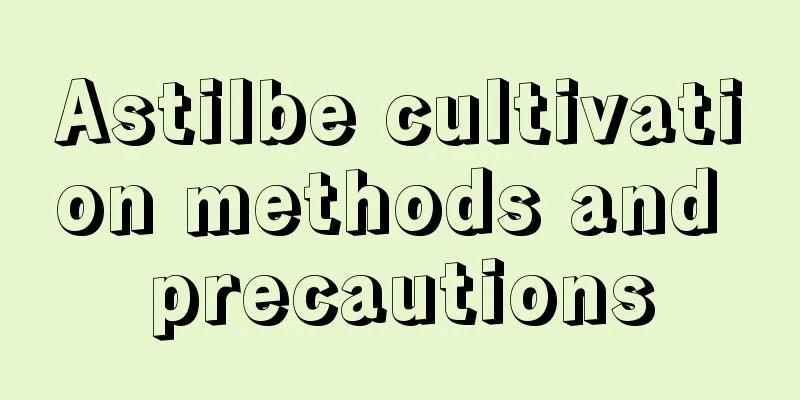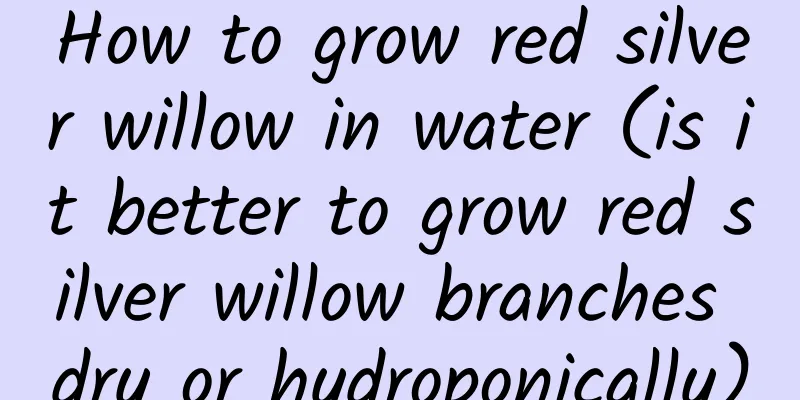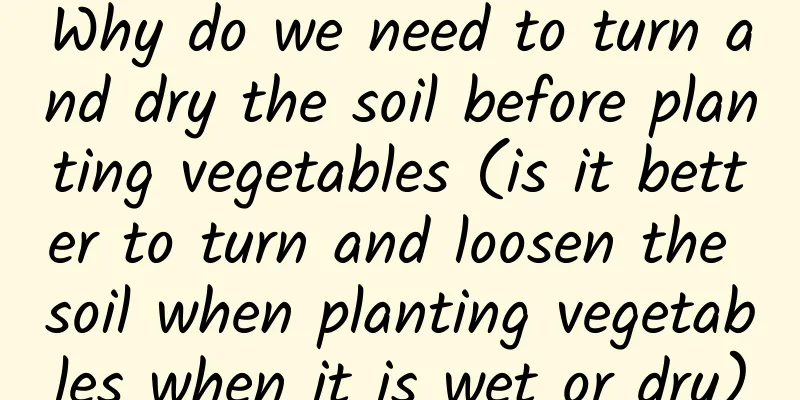Can peppers survive if their leaves wilt after being flooded? (How to save peppers if their leaves wilt after being flooded?)

Is there any way to save the pepper leaves that have fallen off after being flooded?As the rainy season approaches, rainfall increases, especially in the south, where many places have suffered floods. The water flooded the homes where people had lived for generations, causing great harm to people's production and life. Even the vegetables planted in front of their homes were submerged and no one was spared. Peppers are crops that are neither tolerant to waterlogging nor drought. They have strict requirements for water and are most afraid of waterlogging. So, if peppers are flooded and their leaves turn yellow and fall off, can they still survive? How can we remedy this problem? In fact, the most effective way is to wait until it stops raining and then find a way to drain the water from the pepper field . As long as there is no water accumulation in the ground and the roots of the peppers are not immersed in water, the breathing of their roots will become unimpeded, reducing the damage caused to the peppers after being flooded. Secondly, we can promptly remove old leaves, yellow leaves, diseased leaves and the lower leaves soaked in stagnant water to avoid them becoming a source of infection for the disease. When the weather becomes clear, you can hoe the soil appropriately to increase the permeability of the soil. For some pepper seedlings with weak growth, you can selectively spray foliar fertilizer to promote plant growth and achieve the purpose of protecting and promoting seedlings. In fact, in order to prevent such a situation from happening to pepper plants, we can take preventive measures in advance in the following aspects: First, choose pepper varieties with good flood resistance and stress resistance. Second, peppers are afraid of waterlogging, so we can choose to cultivate them on high ridges. Even if there is water accumulation after rain, the chance of being flooded is reduced, thus reducing damage to the peppers. Third , during the rainy season, we must dig drainage ditches in advance so that even if it rains, the rainwater will flow out through the drainage ditches. In short, peppers are crops that like water but are afraid of water. If they are flooded, the first thing we must do is to drain the water, loosen the soil with a hoe, increase soil permeability, supplement nutrients appropriately, promote the growth of peppers, and try to save the flooded peppers! We can also take precautions in advance to "prevent problems before they happen" and reduce the possibility of peppers being soaked in stagnant water, thus avoiding losses caused by reduced or even total production! |
Recommend
How to maintain the fortune bamboo to make it more luxuriant
Lucky Bamboo Growing Conditions Money bamboo has ...
Cultivation methods and precautions of rapeseed
1. Maintenance methods 1. Soil: Fertile, loose an...
The efficacy and function of Astragalus, pictures of Astragalus
1. The efficacy and effects of Astragalus Improve...
Ten major contributions to pest control
Is the plant susceptible to these hazards? In gen...
How to breed fairy cup
How plants reproduce The first method is seed pro...
Management of the flowering period of Hydrangea
Water and fertilizer management Watering and fert...
How to make Podocarpus stolonifera have a high survival rate by cuttings (When is Podocarpus stolonifera easy to survive by cuttings)
The climate should be suitable Podocarpus is nati...
Flowers represented by the four beauties
Wang Zhaojun: Camellia Zhaojun Goes to the Fronti...
Cultivation methods and precautions of rabbit ear orchid
1. Soil When growing rabbit ear orchids, you must...
How to open the back of Monstera
1. Reasons What people actually don’t know is tha...
How to prevent plants from lacking water in summer
Be careful not to water at noon Noon is when the ...
When is the best time to sow tobacco?
Tobacco planting time Tobacco belongs to the genu...
How to regulate the flowering period of flowers
Method 1: Temperature adjustment method The growt...
Bougainvillea grafting time
1. Grafting time The grafting time for Bougainvil...
How to grow Martian flowers
1. Maintenance methods 1. Temperature: Mars flowe...









